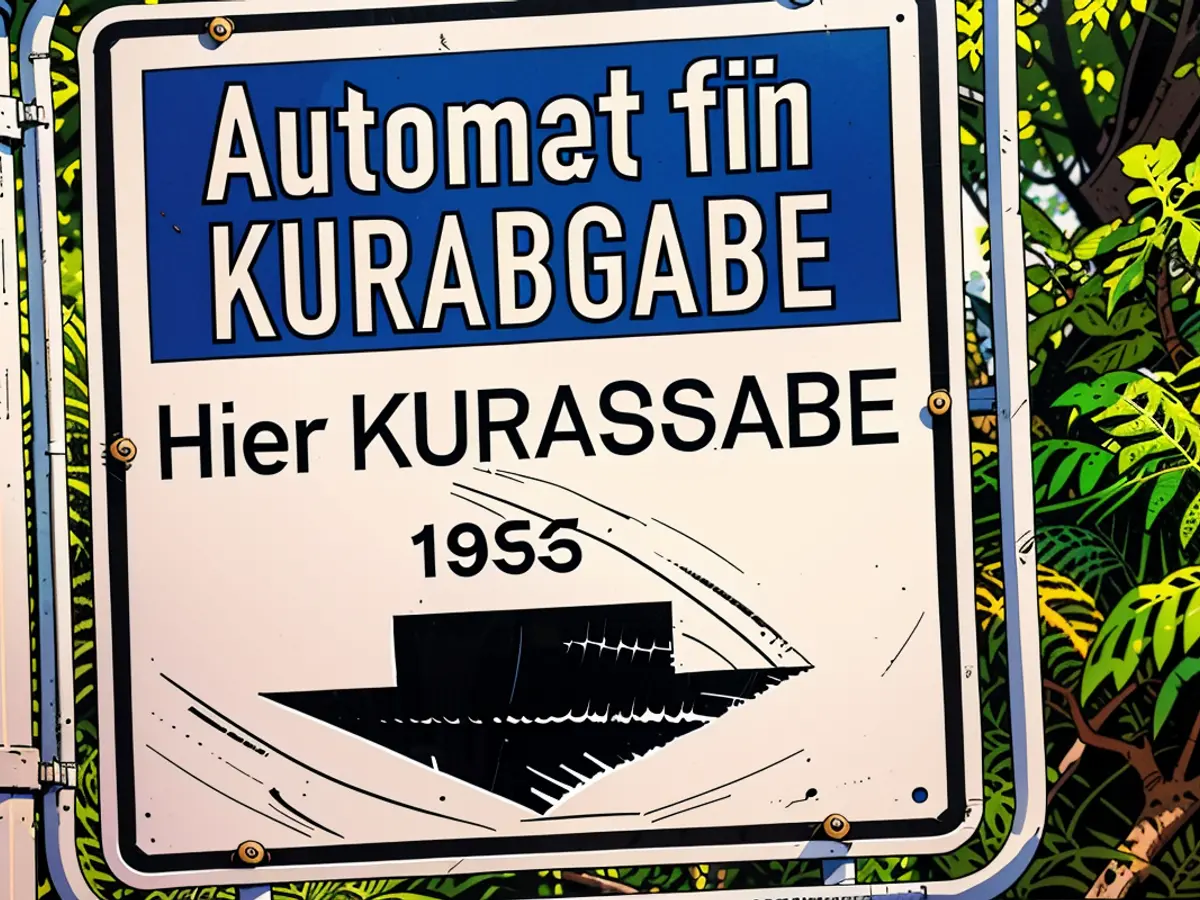- Summertime brings the coastal towns to life
Usedom
The summer season is a significant source of income for many vacation spots due to the resort tax. While many municipalities charge this fee, known as the tourist tax, year-round, Usedom uses the UsedomCard, a joint tourist tax, in several seaside resorts and towns. These include the municipality of Heringsdorf, which encompasses the imperial baths of Ahlbeck, Heringsdorf, and Bansin, as well as the seaside resorts of Ueckermünde, Loddin, Koserow, Zempin, Zinnowitz, Trassenheide, and Karlshagen. Children under six years old can enjoy the UsedomCard free of charge, according to Usedom Tourism GmbH.
The daily rate varies depending on the season and location. In the pre-season (1.1.-31.3.), it's 2.00 euros in most areas, 2.50 euros in the imperial baths, and 3.20 euros in Ueckermünde. During the main season (1.4.-31.10.), it's 2.80 euros or 3.30 euros, and 3.90 euros in Ueckermünde. In the post-season (1.11.-31.12.), it's 2.20 euros or 2.70 euros, and 3.30 euros in Ueckermünde. The price difference reflects varying public transportation offers. In 2022, approximately 7.5 million tourist cards were sold on the island of Usedom, generating substantial revenue.
Warnemünde
The seaside resort of Warnemünde, part of Rostock, has been charging a resort tax year-round since 1. September 2023, covering the entire Hanseatic and University City of Rostock (city area and seaside resorts). There's no distinction between peak and off-peak seasons. Overnight guests pay 3.70 euros per day, while day visitors aged 15 and above pay 2.25 euros. Reduced rates apply to children and youth aged 6 to 14, and individuals with a disability of 50% or more. The GuestCard, included with the resort tax, allows access to the public transportation network of the Warnow Transport Association (VVW).
Rostock's resort tax has already generated millions in revenue, with 2.73 million euros collected between September and December 2023 alone.
Binz
The seaside resort of Binz is resort tax-obligated year-round. The daily rate is 3.40 euros per person, with the day of arrival and departure each counted as a full day. The annual resort tax is 102 euros per person, based on 30 days of stay. Residents of Binz, individuals with a 100% disability, and children under three years old are exempt from the tax.
The spa tax is levied year-round in the Baltic seaside resort of Kühlungsborn and amounts to 3.00 euros during the main season (1.5. to 30.9.) and 1.60 euros during the off-peak season (1.10. to 30.4.). The annual spa tax is 69 euros for each calendar year in which the spa tax obligation applies.
Among those exempt from the spa tax are, for example, children up to the completion of their 16th year (16th birthday minus one day) and persons with a disability of 100% upon presentation of the appropriate ID.
The UsedomCard, a tourist tax used in several seaside resorts and towns on Usedom, includes a varying daily rate depending on the season and location, with the tax rate being lower in the pre-season compared to the main and post-seasons.
The resort tax in Warnemünde, which covers the entire Hanseatic and University City of Rostock, is charged year-round at a fixed rate for overnight guests and day visitors, generating significant revenue for the city.








